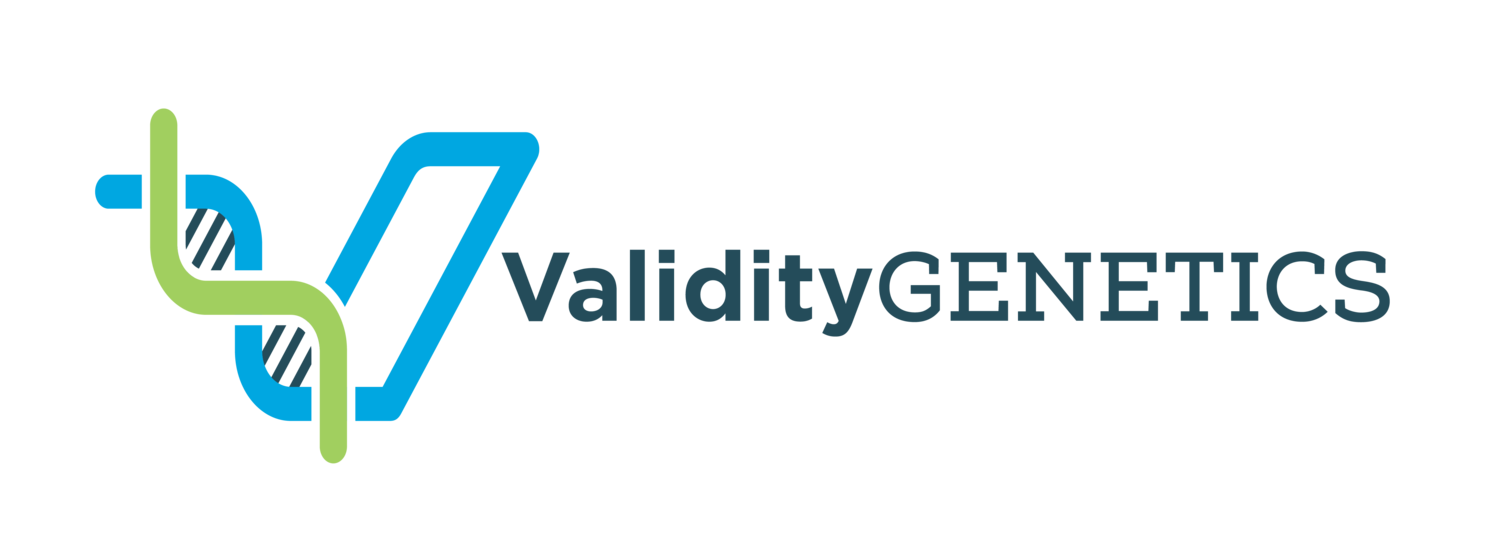Home vs Legal DNA Testing
Understanding the Difference Between Home and Legal DNA Tests
When considering DNA testing, it’s important to understand the difference between home and legal tests. While both provide accurate results, each has distinct uses, requirements, and implications. Let’s break down how these two types of tests differ and when each should be used.
What is a Home DNA Test?
A home DNA test is designed for personal knowledge and convenience. It's privately performed at home using a simple collection kit, usually involving cheek swabs.
Advantages:
Easy and discreet to perform
Quick turnaround (typically 2-3 business days)
Less expensive compared to legal tests
Common Uses:
Personal curiosity
Confirming family relationships informally
Genealogy research
However, because there’s no verified chain-of-custody, home DNA test results are not admissible in court.
What is a Legal DNA Test?
A legal DNA test involves a strict process to ensure the authenticity of samples and results. Collection is supervised by an impartial third-party professional, and the samples are securely handled following a verified chain-of-custody.
Advantages:
Court-admissible results
Legally defensible documentation
Suitable for official and legal proceedings
Common Uses:
Child custody and support cases
Immigration proceedings
Inheritance and estate matters
Legal DNA tests typically take slightly longer due to additional verification steps (typically 3-5 business days).
Key Differences Between Home and Legal DNA Tests
Here’s a clear comparison to help determine which type you might need:
Purpose: Home tests are for personal information; legal tests are for official documentation.
Sample Collection: Home tests allow private collection, whereas legal tests require a verified third-party witness.
Documentation: Legal tests provide formal documentation, while home tests do not.
Cost: Home tests are generally less expensive than legal tests due to fewer administrative requirements.
How to Perform Each Type of DNA Test
Home DNA Test:
Order a home DNA testing kit.
Collect cheek swab samples privately at home.
Send the samples directly to the lab.
Receive results electronically or by mail.
Legal DNA Test:
Schedule a sample collection appointment with an approved facility or third-party professional.
Samples are collected under supervision with proper ID verification.
Samples follow a strict chain-of-custody procedure.
Results are delivered with official documentation suitable for legal purposes.
Choosing the Right Test for Your Needs
If you need DNA testing for informal family understanding or personal curiosity, a home DNA test is sufficient. However, if your situation involves legal matters—like custody, immigration, or inheritance—you’ll need a legal DNA test to provide court-admissible documentation.
By understanding these differences, you can confidently select the appropriate DNA test for your needs and situation.









